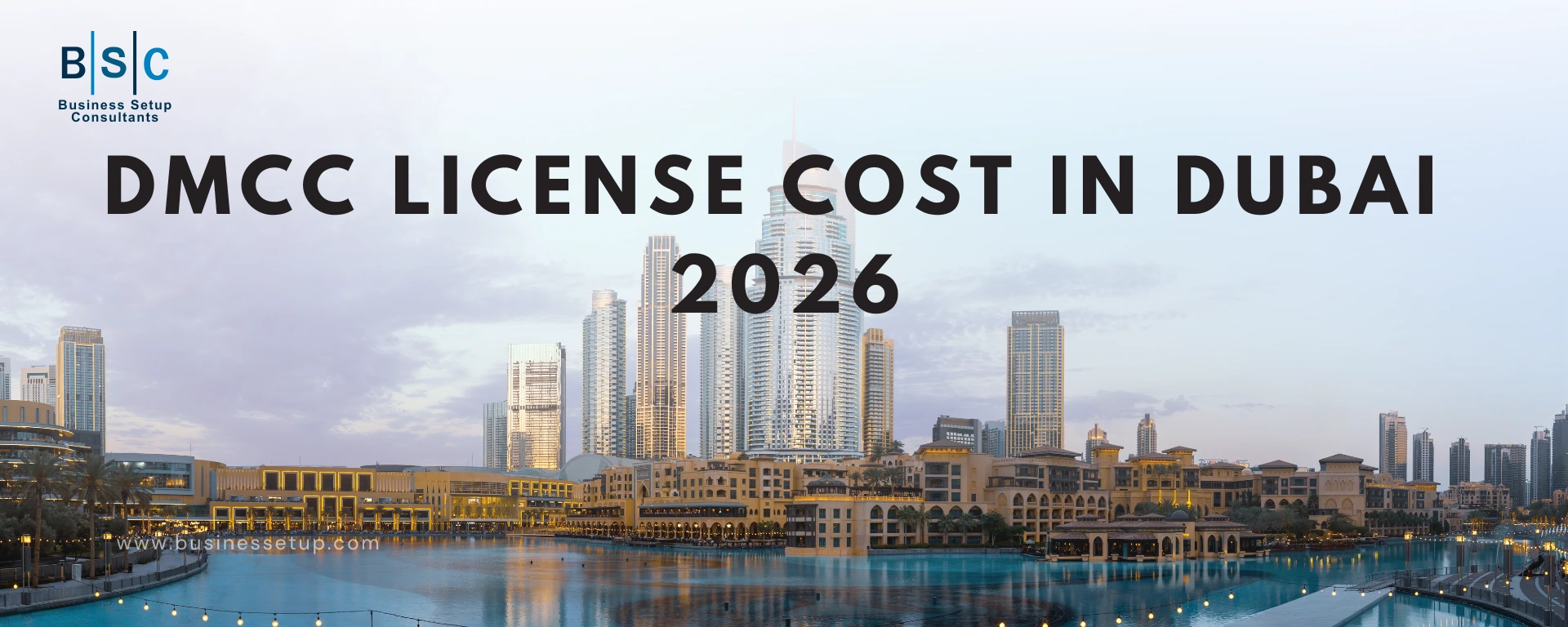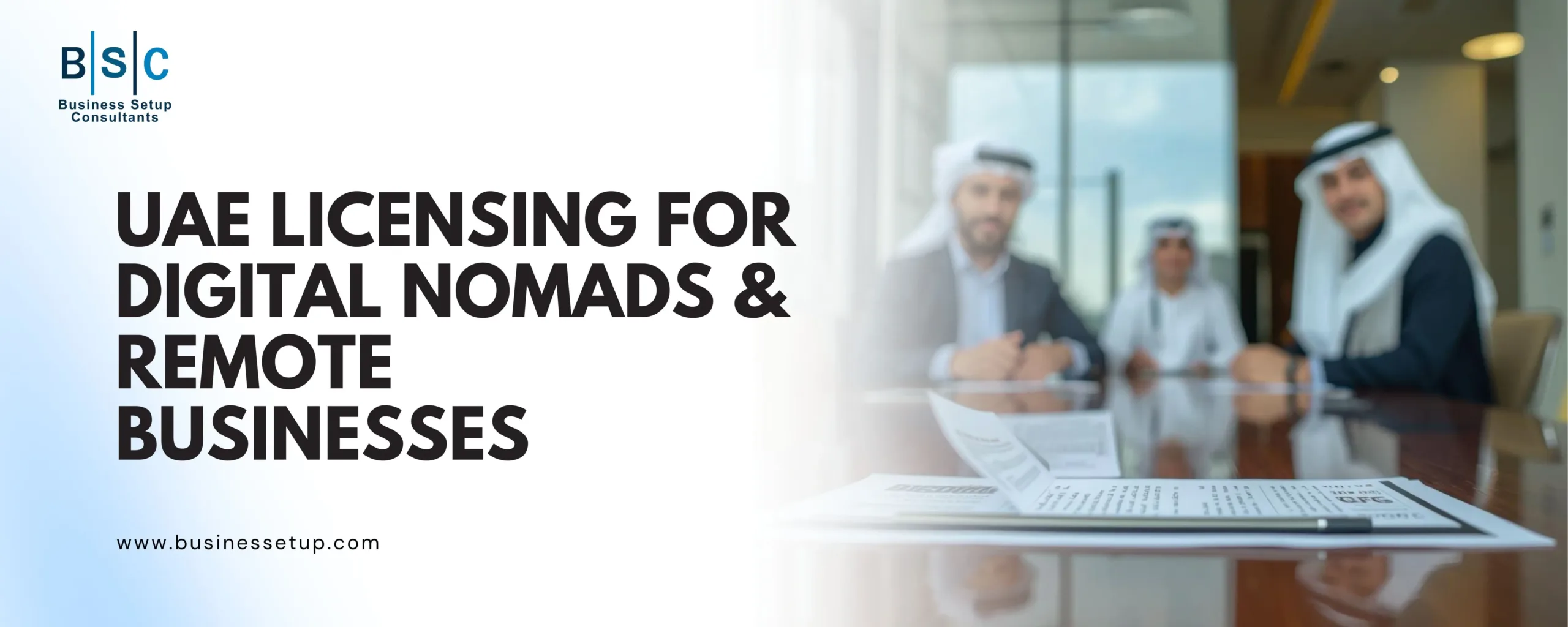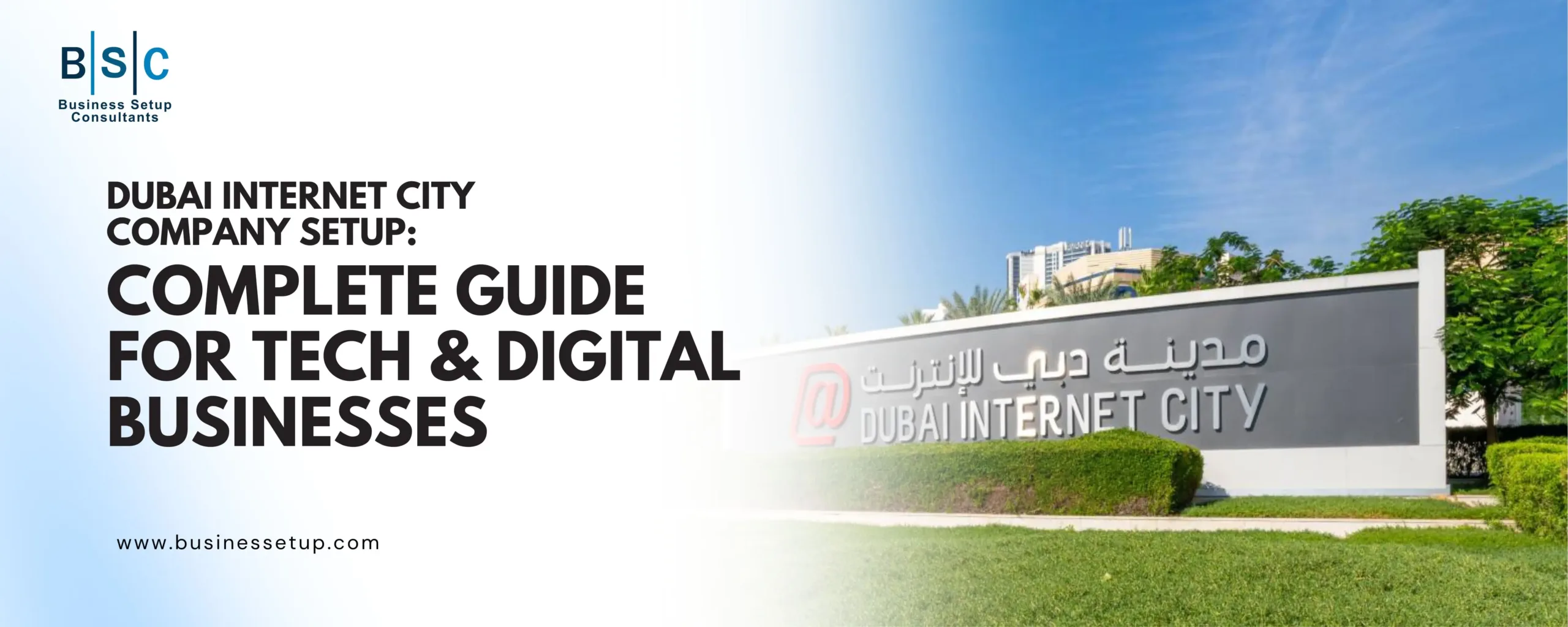
FZE versus FZ-LLC
FZE versus FZ-LLC
Dubai with its tremendous growth and development has emerged as a great destination for business start-ups from around the world . At present, there are over 22 Free Zones in the UAE , which are home to around 10,000 companies. Dubai has the largest number and has been a forerunner of sorts in this regard.
You can register a new company as a Free Zone Establishment (FZE) or a Free Zone Company (FZC, FZCO, or FZ-LLC) . Free Zone companies are generally limited liability companies (LLCs).
While a Free Zone company is an independent legal entity with individual shareholder(s), corporate shareholders, or a mixture of both, an LLC (Limited Liability Company) is a business entity that is neither a sole proprietorship/partnership nor a true corporation, but a structure that combines some of the best aspects of both, with the limited liability of a corporation.
What is an FZE (Free Zone Establishment)?
A Free Zone Establishment (FZE) is a business entity established within the UAE free zone authority, allowing 100% foreign ownership. FZEs are exempt from corporate tax on operations within the free zone jurisdiction. The minimum share capital requirement varies across free zones like the Dubai Airport Free Zone. FZEs require physical office space within the free zone premises.
What is an FZCO (Free Zone Company)?
An FZCO (Free Zone Company) is another business structure within UAE free zones. It offers a flexible shareholding structure with no nationality restrictions for freezone company shareholders. FZCOs have lower minimum share capital compared to FZEs. Like FZEs, they are exempt from corporate tax within the free zone. FZCOs can engage in various business activities based on the free zone regulations.
Tip: Do you know you can calculate your business setup cost in less than a minute by using our Cost Calculator ?
VIDEO: Expedited Business Setup in Dubai for a Quick, Cost-Effective Venture
Key Difference
The Free Zone Establishment (FZE) and Free Zone Company (FZCO) are two distinct business entities that cater to the diverse needs of entrepreneurs and investors in the thriving economic landscape of Dubai and the United Arab Emirates (UAE). While both offer the advantages of operating within the tax-friendly confines of the UAE’s Free Zones, they differ in several key aspects.
Ownership Structure and Shareholding Requirements:
FZE and FZ-LLC have a single shareholder (either an individual person or a company) Generally requires 2 or more shareholders. Maximum of 5 shareholders.
Elaborately, the FZE is a business structure that allows for 100% foreign ownership, with a single shareholder at the helm. In contrast, the FZCO offers flexibility in shareholding, requiring a minimum of two shareholders, one of whom must be a UAE national or a company registered in Dubai or the UAE mainland.
Legal Responsibilities and Liabilities:
In an FZE, the sole owner bears complete responsibility and liability for the business’s operations and obligations. Conversely, in an FZCO, the liabilities are shared among the shareholders, providing a degree of risk mitigation and potential for attracting investors or forming joint ventures.
Capital Requirements and Financial Considerations:
While both offer the same operating benefits, there may also be differences in share capital requirements depending on the Free Zone and the purpose of incorporation. However, as a general rule, the paid-up capital amount ranges between AED 50,000 to AED 300,000.
Scope of Business Activities and Operations:
While FZEs are restricted to conducting business activities permitted within the specific Free Zone, FZCOs enjoy a broader range of permissible activities, including trading, services, and even certain activities that require a UAE mainland trade license. This flexibility allows FZCOs to cater to a wider market and explore diverse business opportunities.
Factors to Consider When Choosing Between FZE and FZCO
The decision to establish an FZE or FZCO should be carefully evaluated based on several factors that align with the business’s strategic objectives and long-term goals.
Nature and Size of the Business:
FZEs are well-suited for small to medium-sized businesses, startups, or sole proprietorships seeking a straightforward and cost-effective entry into the UAE market. Conversely, FZCOs are better suited for larger businesses, joint ventures, or companies seeking to attract investment or form strategic partnerships.
Industry and Business Activities:
While FZEs thrive in industries permitted within the Free Zones, such as trading, consulting, and IT services, FZCOs offer greater flexibility to operate in a wider range of industries, including real estate, accounting services, and businesses requiring a UAE mainland business license. This versatility enables companies to adapt to changing market dynamics and explore diverse opportunities.
Funding and Investment Requirements:
Entrepreneurs with limited financial resources often find the lower initial capital requirements of an FZE to be an attractive option, allowing them to self-fund or seek limited investment. In contrast, FZCOs demand higher capital investments, making them more suitable for businesses seeking to attract investors or form joint ventures with established partners.
Future Growth and Expansion Plans:
While FZEs may face limitations when it comes to expanding operations outside the Free Zone, FZCOs offer greater flexibility for growth and expansion within the Dubai mainland. This factor is particularly crucial for businesses with ambitious long-term goals or those operating in industries that require a physical presence beyond the Free Zones.
Tax Implications and Compliance:
Both FZEs and FZCOs are eligible for tax exemptions and incentives within the Free Zones, fostering a business-friendly environment. However, FZCOs may face additional tax obligations if they choose to operate outside the Free Zones, requiring careful consideration of potential tax implications and compliance requirements.
In addition to these factors, businesses should also consider the specific Free Zone they wish to operate in, such as the prestigious Dubai International Financial Centre (DIFC) or the thriving Abu Dhabi Free Zones. The ease of company formation, access to professional services like accounting and legal counsel, and the overall economic development initiatives in the Middle East and the United Arab Emirates should also be weighed.
Why Register a Company Within a Free Zone?
- 100% expat ownership
- No currency restrictions
- 100% repatriation of capital and profits
- No corporate, personal, or capital gains tax
- World-class and state-of-the-art purpose-built infrastructure
- No foreign exchange controls
- Companies can operate 24 hours, security around the clock
- Availability of human labor
- Availability of residency visas for 3 years (renewable)
An LLC Which is Not a Free Zone LLC
LLCFZ-LLC Only 49% of company shares can be owned by a non-resident. Additionally, in order to set up an FZ LLC , foreigners must appoint a local sponsor/partner who is entitled the 51% of the company shares.100% ownership by foreigners can only conduct business activities inside the free zone area where it is registered as well as within the UAE. Can conduct business across the UAE and internationally. Supports commercial, professional, and industrial licenses Supports commercial, professional, and industrial licenses









